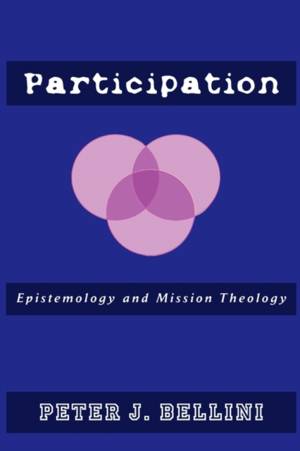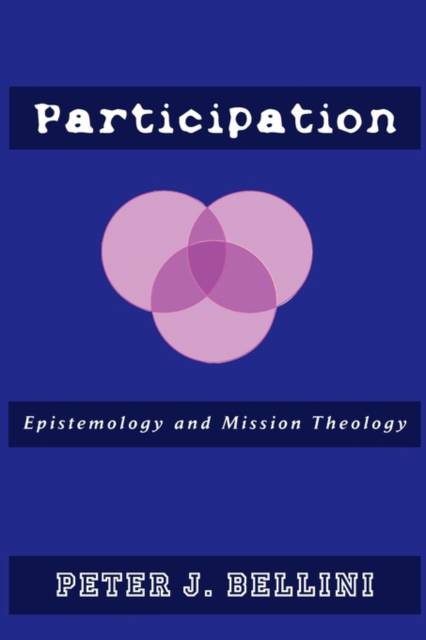
Bedankt voor het vertrouwen het afgelopen jaar! Om jou te bedanken bieden we GRATIS verzending (in België) aan op alles gedurende de hele maand januari.
- Afhalen na 1 uur in een winkel met voorraad
- In januari gratis thuislevering in België
- Ruim aanbod met 7 miljoen producten
Bedankt voor het vertrouwen het afgelopen jaar! Om jou te bedanken bieden we GRATIS verzending (in België) aan op alles gedurende de hele maand januari.
- Afhalen na 1 uur in een winkel met voorraad
- In januari gratis thuislevering in België
- Ruim aanbod met 7 miljoen producten
Zoeken
Omschrijving
This is an in-depth analysis of the malaise of contemporary Western civilization, based upon its modern and post modern ideological and philosophical underpinnings. And, from that grounding, it is a study that proceeds to offer a cogent diagnosis of an (if not the) intellectual problem lying at its epicenter.The author identifies that challenge as the demise of a concern for ontology amid a preoccupation with epistemology which, as he demonstrates, characterizes the philosophical consensus dominating that civilization, particularly since the Enlightenment. The author sets forth as a valuable resource for remedying that dilemma an Eastern ascetic theologian, who is shown to provide resource for rethinking a theology of mission for the present day, viewed within the parameters of the theology of John Wesley. Bellini's work addresses all of the above, and does so within the framework of recovering the apostolic concept of participation in Christ, from the standpoint of what he calls a Radical Orthodoxy perspective. In short, this is a study that does not stop with a cogent cultural evaluation and critique, but also offers a prescriptive response. He finds in Maximus the Confessor a "participatory view of ontology, in continuity with a Christological ontology of participation," which has special relevance for the global Christianity of the twenty first century. Following Maximus, as well as Wesley's prevenient grace, Bellini champions a worldview that discerns within every culture some "point of similarity" or contact, "however vague, wounded or fallen," with the universal witness of the Holy Spirit.
Specificaties
Betrokkenen
- Auteur(s):
- Uitgeverij:
Inhoud
- Aantal bladzijden:
- 198
- Taal:
- Engels
- Reeks:
Eigenschappen
- Productcode (EAN):
- 9780981958293
- Verschijningsdatum:
- 5/02/2010
- Uitvoering:
- Paperback
- Formaat:
- Trade paperback (VS)
- Afmetingen:
- 152 mm x 229 mm
- Gewicht:
- 294 g

Alleen bij Standaard Boekhandel
+ 111 punten op je klantenkaart van Standaard Boekhandel
Beoordelingen
We publiceren alleen reviews die voldoen aan de voorwaarden voor reviews. Bekijk onze voorwaarden voor reviews.









